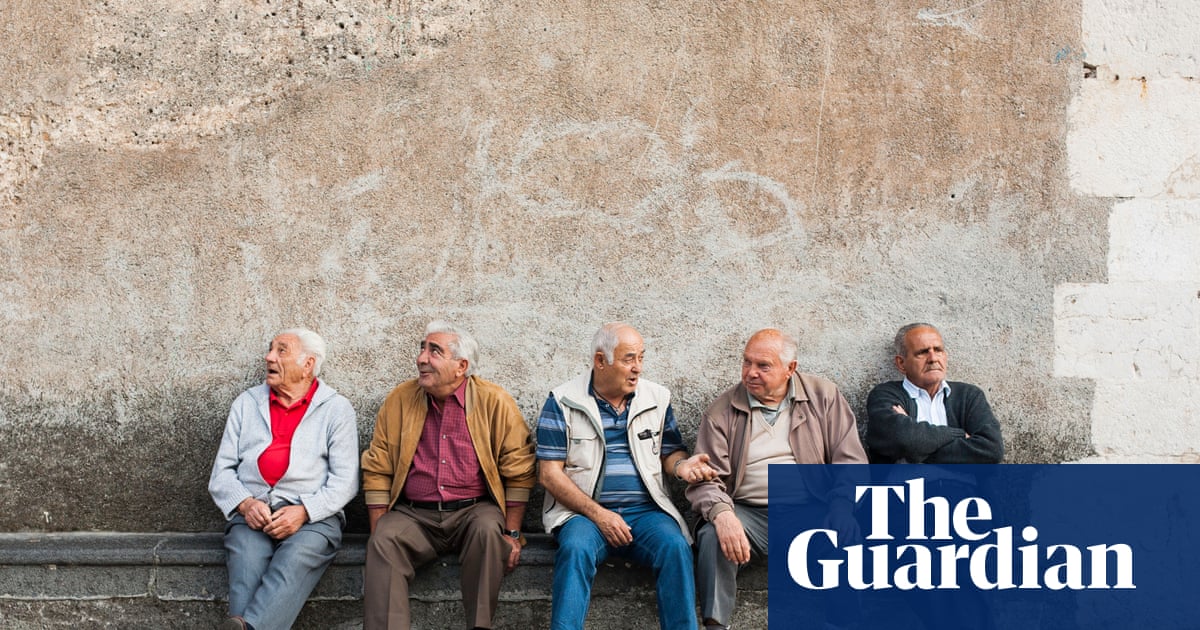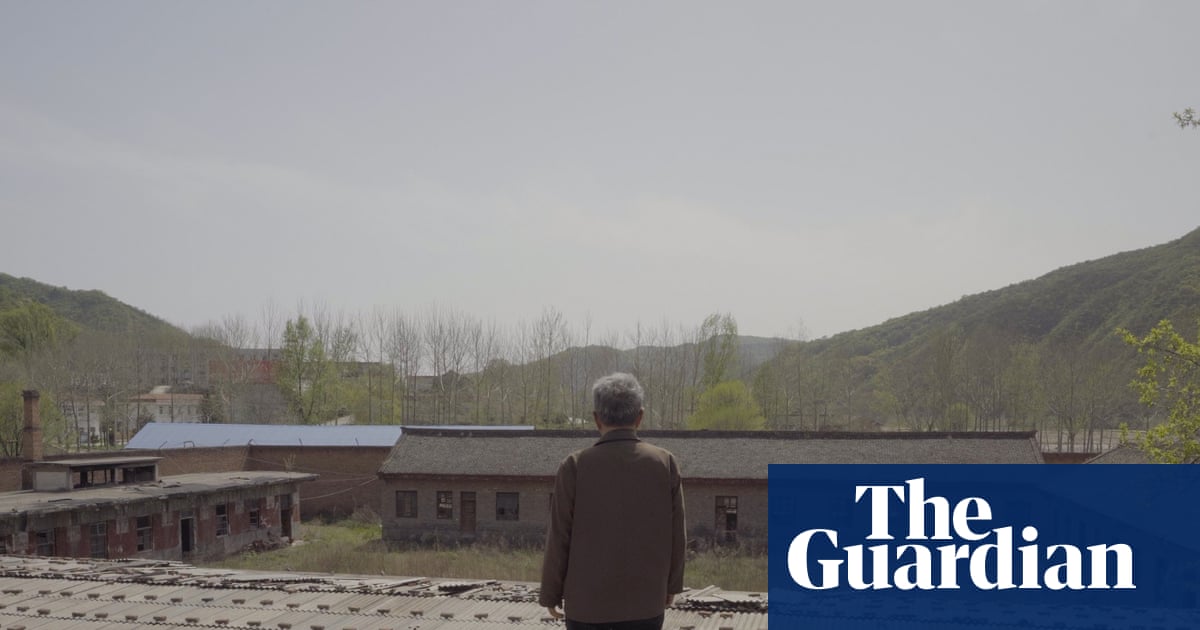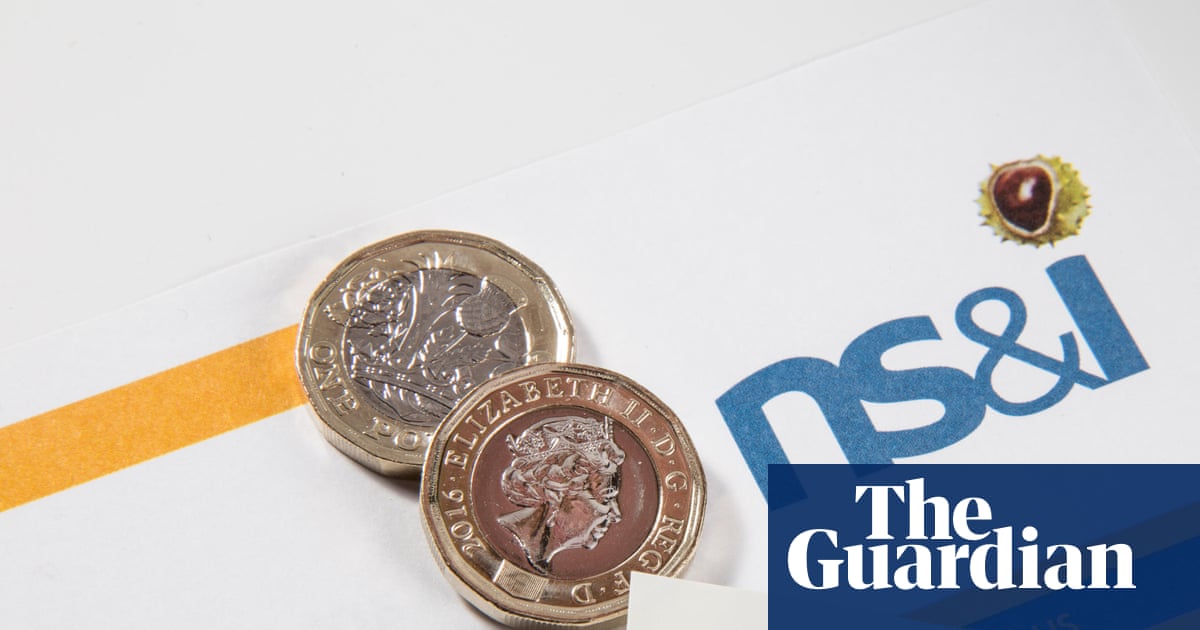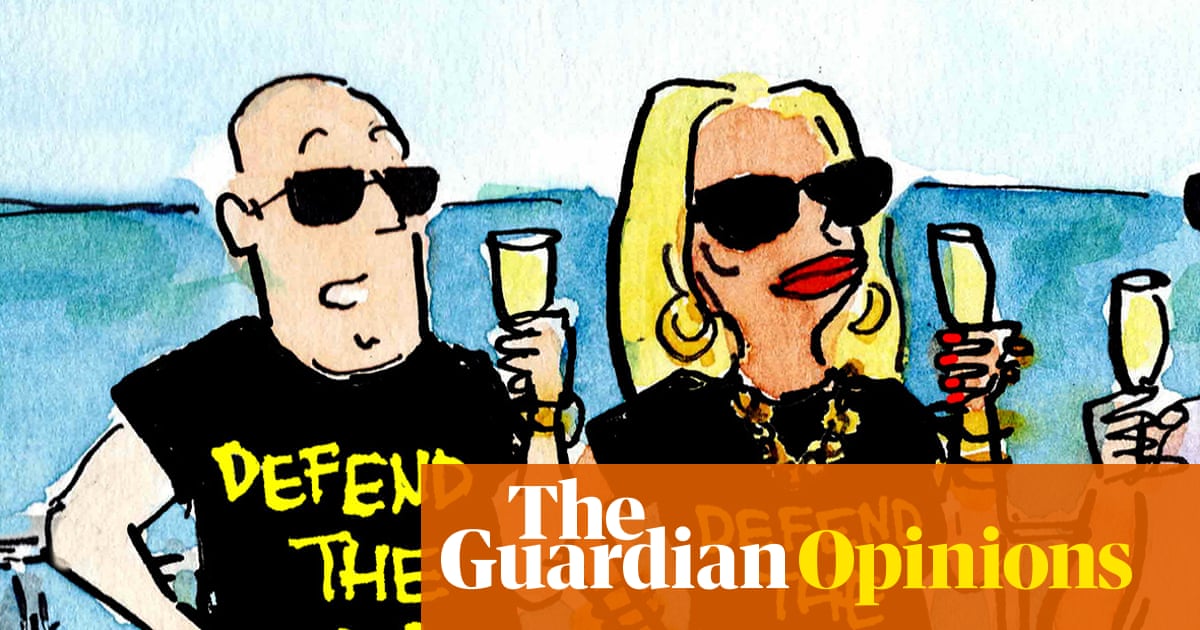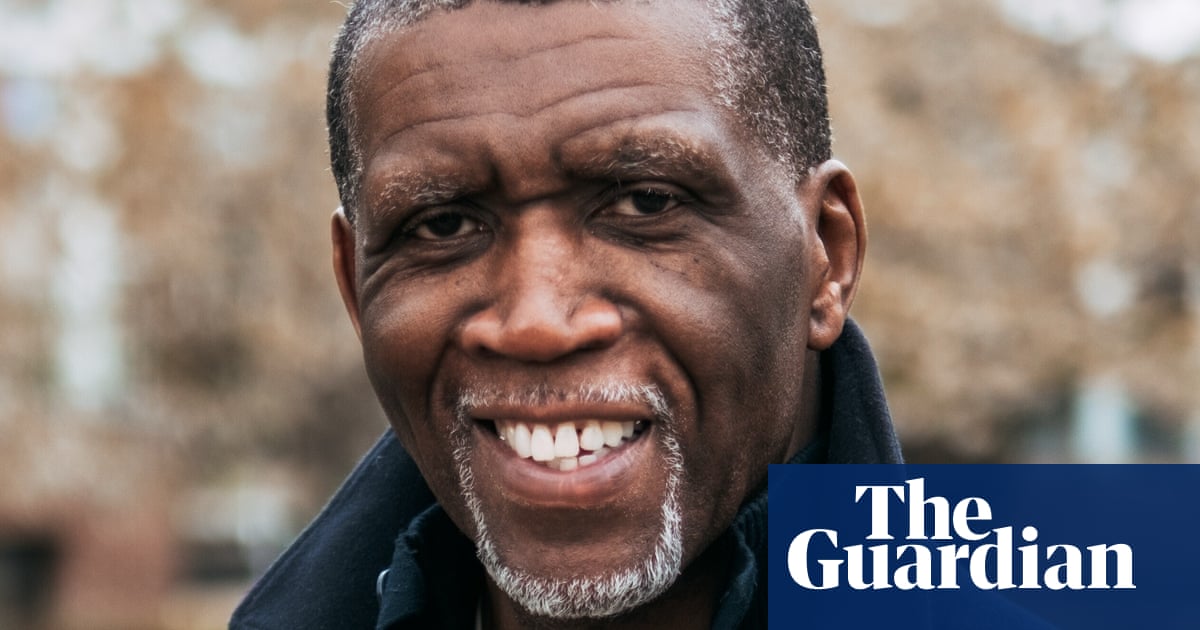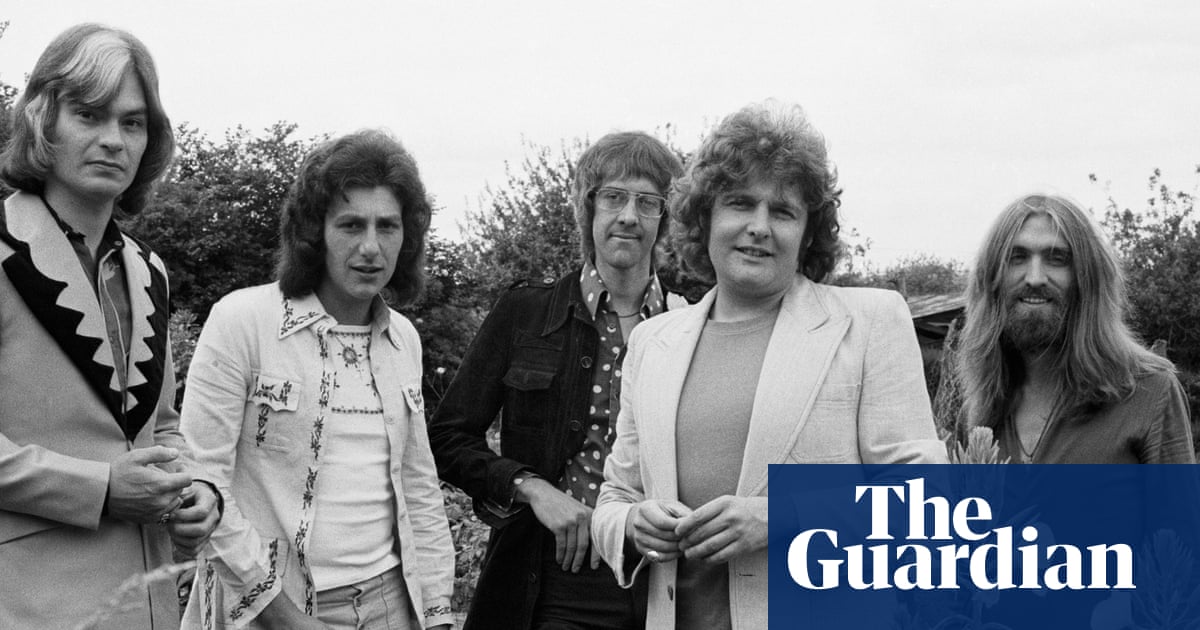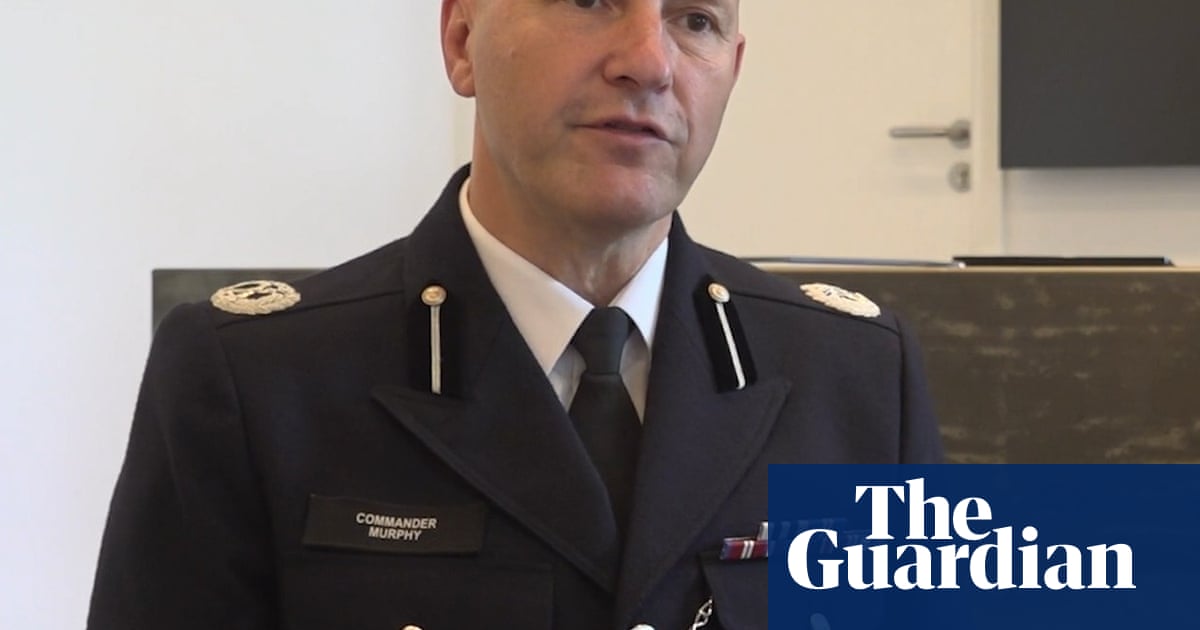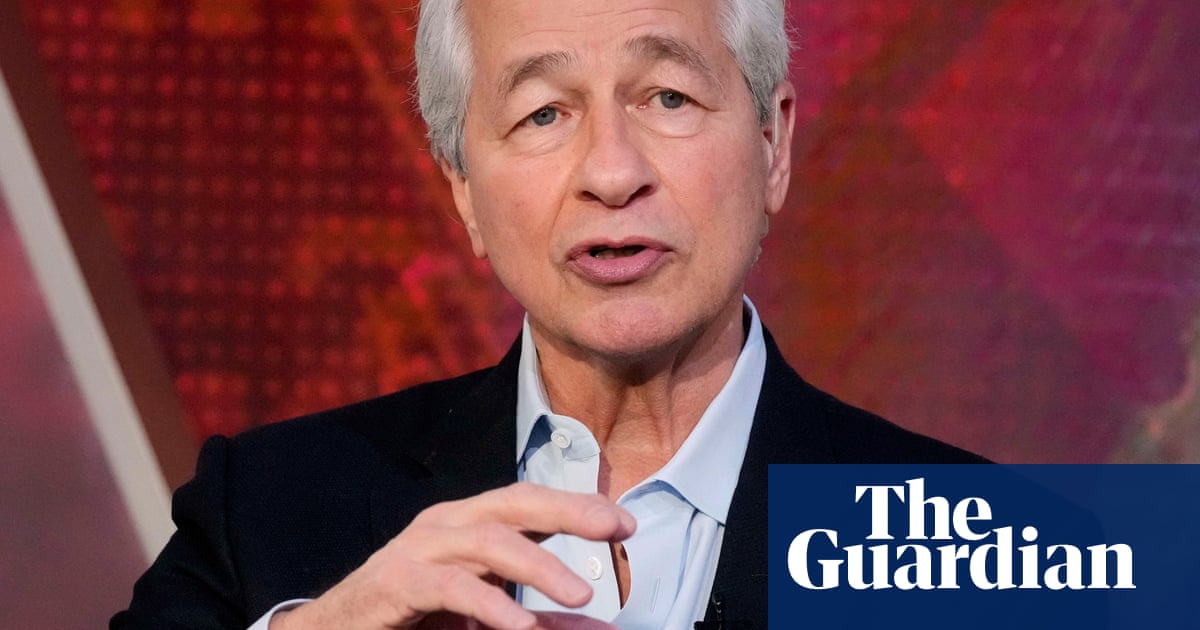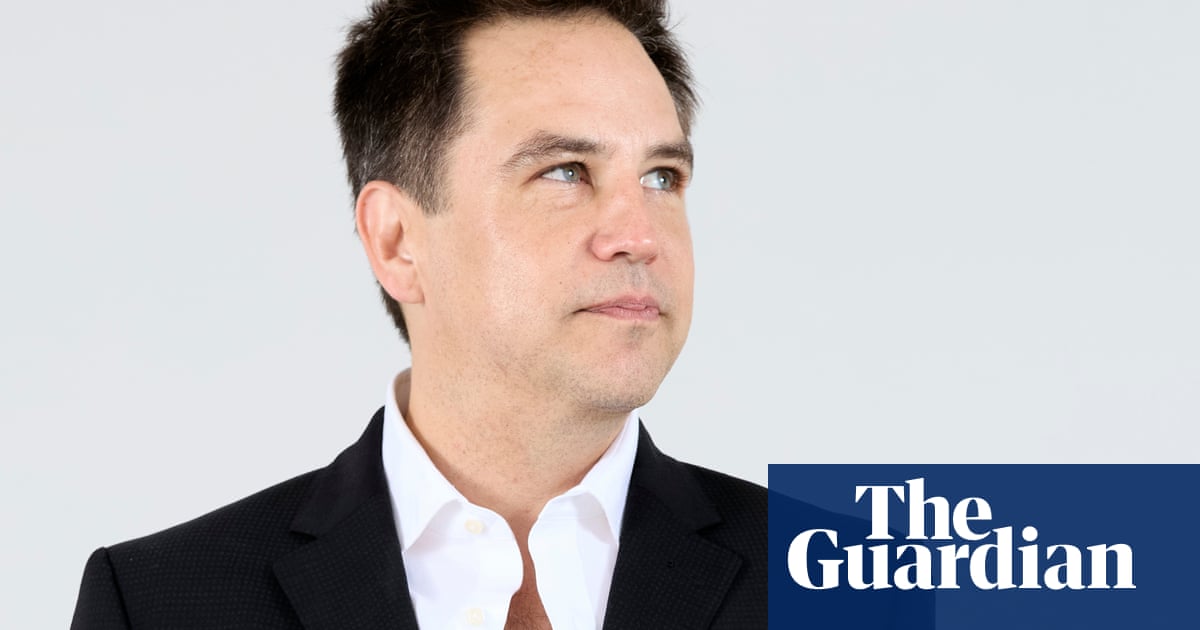What’s in a pen name? Irish writer Liadan Ní Chuinn’s debut short story collection, Every One Still Here, is receiving rave reviews and rapturous praise, but hardly anyone seems to know who they are. A cursory Google turns up no photos or biographical information. All we know is that the writer is Northern Irish and was born in 1998, the year of the Good Friday agreement.
A statement from Irish publisher The Stinging Fly reads: “The Stinging Fly has been working with Liadan on these stories for the past four years. From early on in the process, they expressed a desire to publish their work under a pseudonym and to protect their privacy throughout the publication process. No photographs of the author are available and Liadan will not be participating in any in-person interviews or public events.”
Writing anonymously or under a pseudonym is a long-established custom in publishing. Jane Austen’s novels were attributed to “a Lady”, George Eliot was Mary Ann Evans, and the Brontë sisters were Currer, Ellis and Acton Bell. Although women no longer need to disguise themselves as men, and “the low trade of writing novels” is less stigmatised, the tradition of the pen name has continued throughout the 20th century into the present day: John Le Carré was really David Cornwell; Eric Blair became George Orwell; and no one has heard of Erika Leonard, but everyone has heard of EL James. When questions regarding the veracity of nature memoir The Salt Path caused outrage among the nation’s book groups, the fact that the author had changed her and her husband’s names was the least remarkable revelation. If anything, it can feel more unusual to meet an author whose books have the name they were born with on the cover.
In the world of modern publishing, the spectrum encompasses everything from “uses a pen name but has an author photo and gives interviews” to “has an opposite gender or gender-neutral author persona”; “uses different pseudonyms for different genres”; “uses a different name for political reasons, eg to escape persecution in their home country, or personal or professional reasons”; and even “secret anonymity” (is anonymous but tries to make it so that no one actually knows they are). Nepotist offspring will often use a less famous parent’s surname to stave off accusations that they owe their success to their connections or, as in the case of AS Byatt, an author may use their married name to distance themselves from a novelist sibling (Margaret Drabble).
Total anonymity, however, is a different business. The most famous modern example we have is of course Elena Ferrante (or it was, until she was possibly and, to my mind, very rudely unmasked by an Italian journalist.) Yet even Ferrante did some press through correspondence, including writing for the Guardian. To not give interviews at all, especially as a young debut author, is unusual indeed, and especially in a publishing landscape where “personal brand” is key, and short stories remain such a hard sell. You could say that Liadan Ní Chuinn’s collection being published at all is something of a miracle.
Literary quality is not always prioritised above profile. I cannot tell you how many proofs I am sent by writers who are big on Instagram but can’t string a grammatical sentence together. With publicity budgets not what they used to be and many authors needing to do much of the work themselves, a debut writer who won’t give interviews or attend events represents a challenge to any acquiring publishing house and their publicity department.
I admire Ní Chuinn. As an author myself – in the next six months I have two books coming out – I know that the stress of exposure and the risk of burnout can be very real. Ní Chuinn could be forgiven for looking at Sally Rooney, another writer in the same literary ecosystem who started young, and thinking that level of exposure looks unappealling. The way a young woman – because it’s usually a young woman – who creates something great becomes a sort of shorthand for everything that is wrong/right about her chosen art form is hardly an incentive to put yourself out there. Rooney’s writing shows a deep ambivalence about fame, and her decision to now largely only put herself forward in the media when it serves her impassioned political beliefs is to be admired. Yet newspapers are still terribly prone to what I call “Rooney-itis”. Look, I’m doing it now.
When you’re an author, public exposure doesn’t just affect you, but the people in your life whose stories often overlap with yours. When you are writing about sensitive topics that have a lasting, painful legacy on real people’s lives – as Ní Chuinn does in their excavation of the murderous legacy of English colonialism in Ireland – it can be an act of care and protection to remove yourself from the spotlight.
Most of all, it makes the interaction between author and reader purely about the quality of the work. For a publisher to agree to publish an anonymous author, as so many did Ferrante, and publishers in Ireland, the UK and the US have Ní Chuinn, that writer has to be extraordinary. And Ní Chuinn is.
It should give any avid reader of fiction – and any author who cares about sentences but is rubbish at TikTok – hope. The work can still be the thing, at least sometimes.
-
Rhiannon Lucy Cosslett is a Guardian columnist

.png) 3 months ago
34
3 months ago
34



